The Supreme Court recently revealed a new set of ethics codes. However, the public is not happy with the changes made due to the usage of some words.
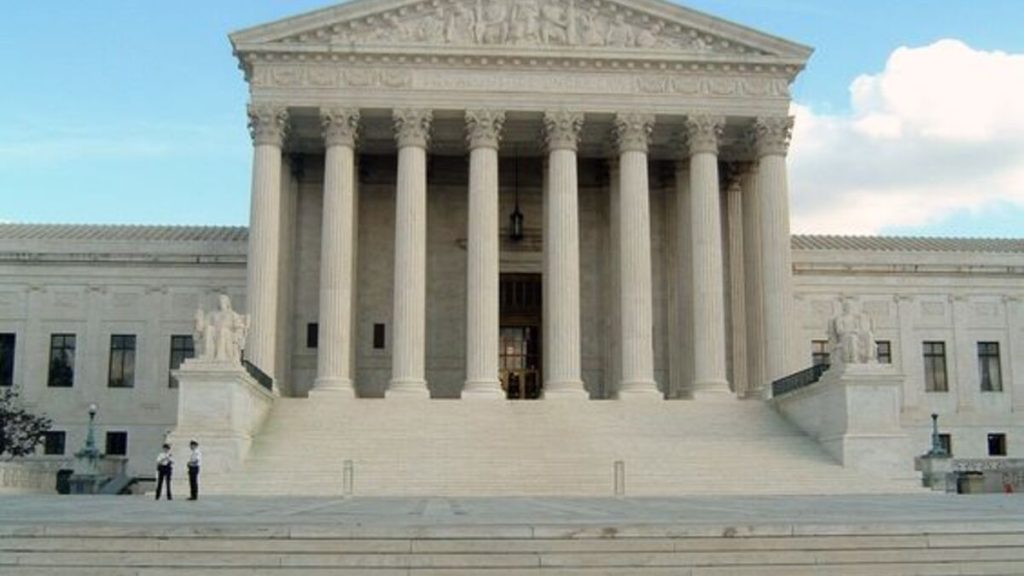
Introduction of Supreme Court’s New Ethics Code
The Supreme Court recently introduced its new code of ethics, mirroring the rules established for lower federal judges. As with past judges, the regulation aims to govern the conduct of Supreme Court justices and guide their ethical considerations.

Therefore, this new ethics code serves as a strict guideline for the judges that sit in the Supreme Court of Justice.
The Major Difference in the Supreme Court’s New Ethics Code
Since the beginning, the Supreme Court has always been consistent with the terminologies used in its codes. The word “shall” is used constantly when setting its rules.
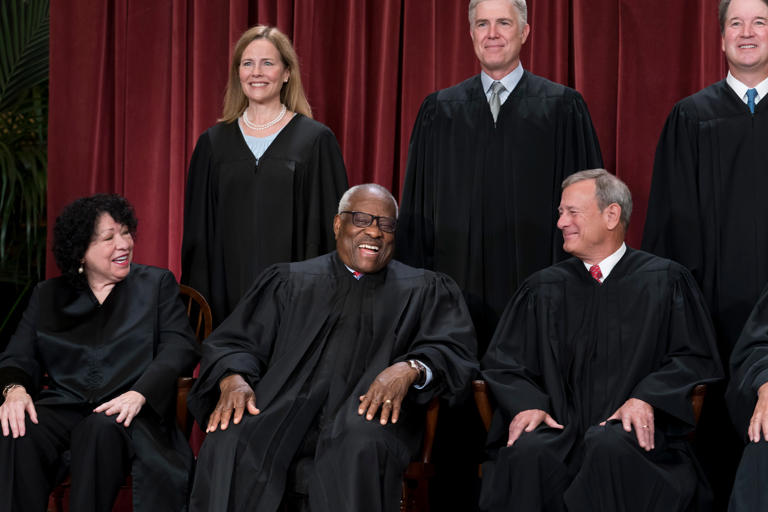
However, a notable aspect of this new code is its consistent use of the term “should” instead of the more assertive “shall” found in the rules for lower federal judges.
What is Wrong With the New Ethics Code?
Due to the ‘softened’ language in the new code, the public and other bodies have raised suspicions about the validity of the code. Using “should instead of “shall” has implications for the level of obligation justices feel toward the outlined ethical standards.
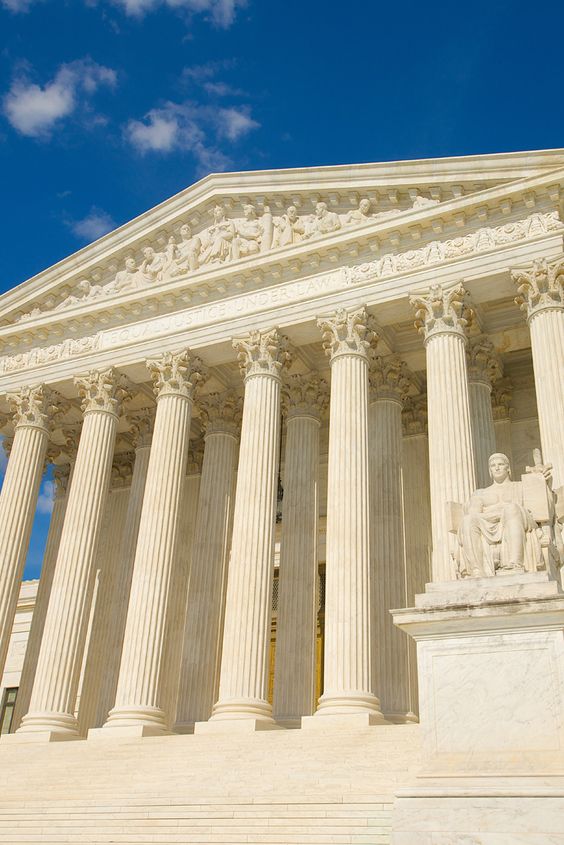
While the difference looks simple on paper, it holds a lot of weight because it is not as assertive as the former “shall.”
Lack of Transparency of the Supreme Court
Another significant concern arises from the absence of an external body tasked with enforcing the code’s provisions. While lower federal judges have more transparent mechanisms for accountability, Supreme Court justices rely only on internal ethical self-regulation.
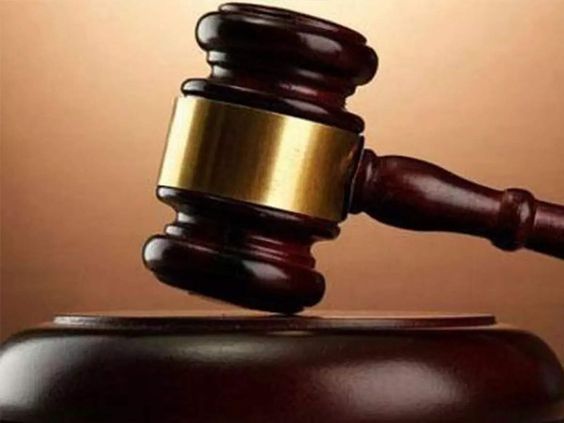
Therefore, the use of the less assertive “shall” allows for a lot of freedom and manipulation if the judges do not follow the rules.
Recusal Standards for Federal Judges
The standards for recusal in lower federal courts are simple and explicit. The code states that judges “shall” recuse themselves when facing cases involving friends or family members, ensuring impartiality.
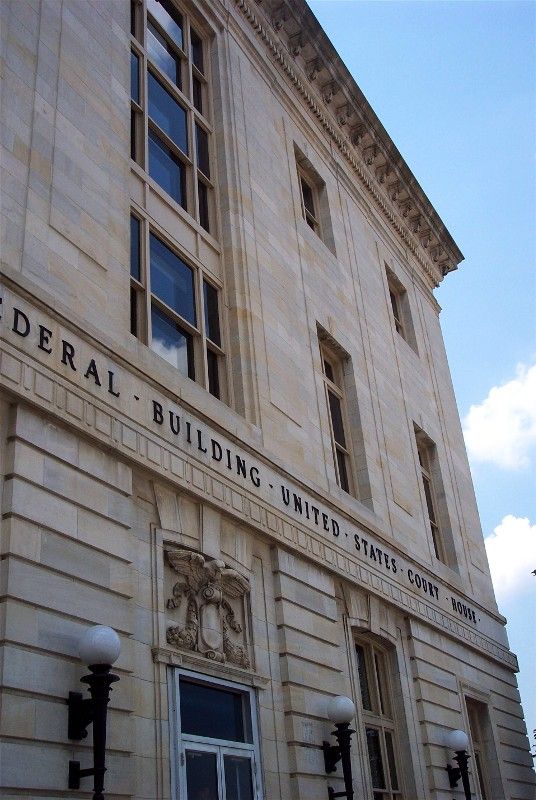
Therefore, no judge with family or friendly ties to a plaintiff or defendant can sit on the jury. This law was put in place to prevent bias towards the parties involved.
The Supreme Court’s Recusal Standard
In contrast, the Supreme Court’s court code does not state that the judge “shall” recuse themselves in these cases. Instead, it says that Justices “should” recuse themselves in situations where their impartiality might be reasonably questioned.
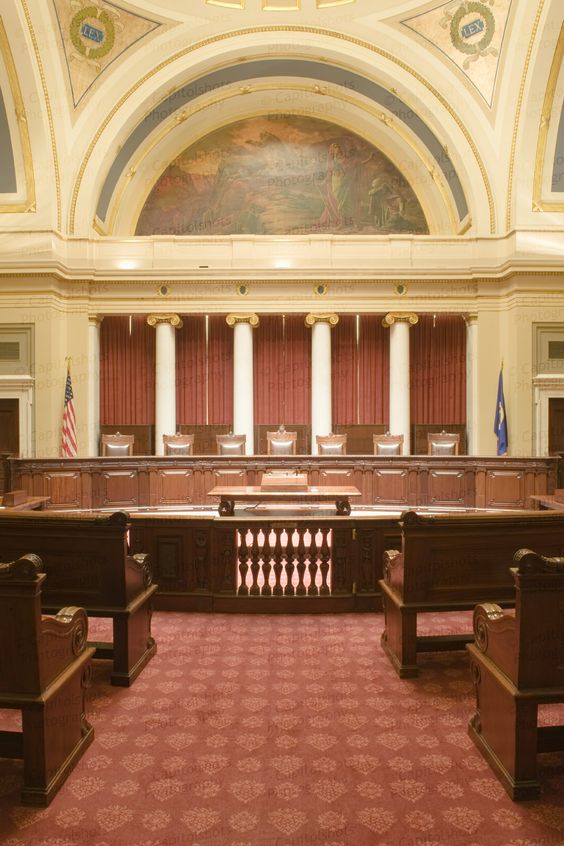
This change of words leaves room for interpretation, and one can argue it doesn’t mean the same thing when “shall” is used.
Code Parallels with Lower Federal Judges
The Supreme Court’s code shares many similarities with the ethical guidelines for lower federal judges. However, subtle but crucial differences emerge in language choices and standards of conduct, clearly distinguishing between both parties.
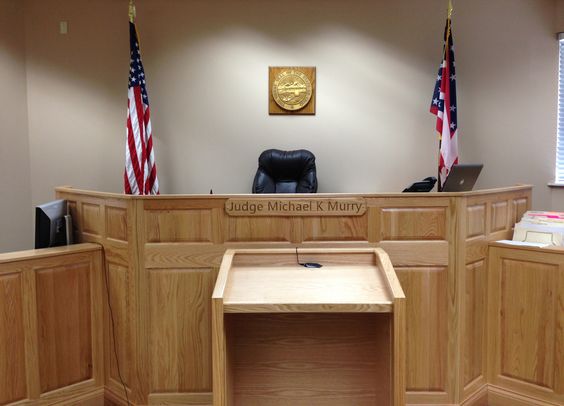
Therefore, it is difficult for the public to put their faith in the court when they draw parallels that benefit only its members.
Lack of Public Trust Due to Controversies
The public has a distrustful perception of the Supreme Court judges. This is a result of several stories in 2023 about their misconduct while in power.
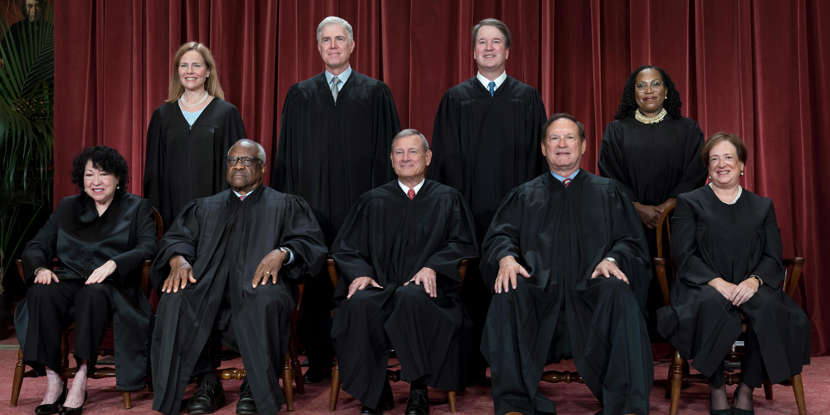
For example, Justice Clarence Thomas and Samuel Alito frequently accept lavish gifts from high-ranking officials. Again, a story broke earlier about the other justices rubbing shoulders with millionaire lawyers at exclusive events.
The Impact of the Controversies on the New Code
As stories like Justice Sonia Sotomayor’s book promotions unfolded, the public expected the new code to respond directly to these controversies.
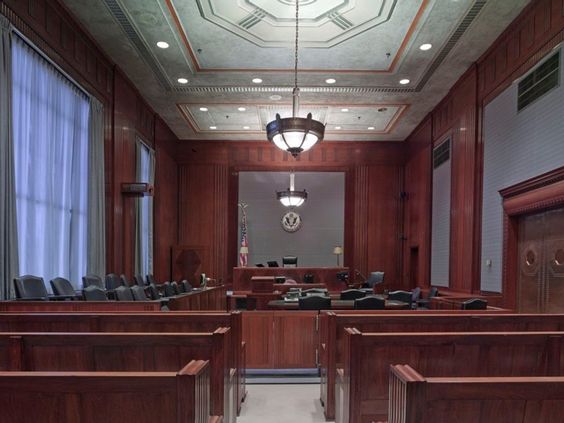
Therefore, the new code was supposed to be an excellent way to check the judges by putting firm rules in place. Instead, this new code leaves a lot to change, and all nine justices of the Supreme Court have agreed to a code of ethics.
Critics Question Code’s Effectiveness
As expected, critics have much to say about this new ethics code. Groups like Accountable.US pointed out the potential limitations of the Supreme Court’s code.
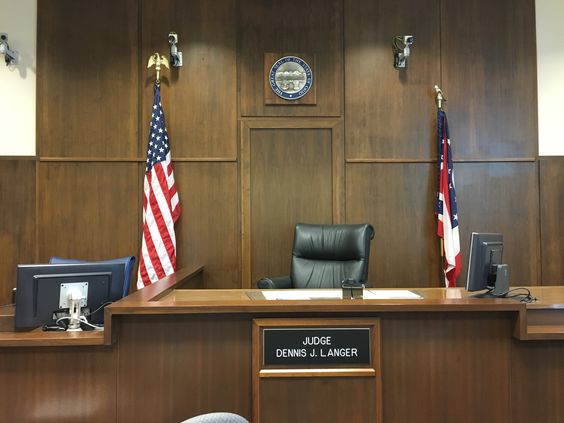
They believe this new code is not a precise or effective enforcement mechanism for the judges.
Furthermore, they agree with the general public that the difference between the rules may cause many problems in the near future.
Concerns About the Accountability of the Supreme Court
This new selection of rules in the ethics code leaves a lot of room for unaccountability. As the public already doesn’t trust the judges, it seems deliberate to avoid repercussions when they break rules.
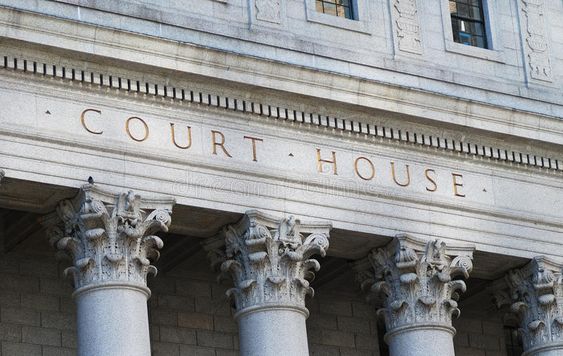
In addition, the autonomy of power that the Supreme Court judges have is only to their advantage. If they are truly corrupt, the government has a big problem on their hands.
Is the Supreme Court’s New Code a PR Stunt?
Many people concluded that this new code of ethics is only a PR stunt. The skeptics argue that it lacks a precise enforcement mechanism, so it could be perceived more as a public relations move than a substantive commitment to ethical governance.
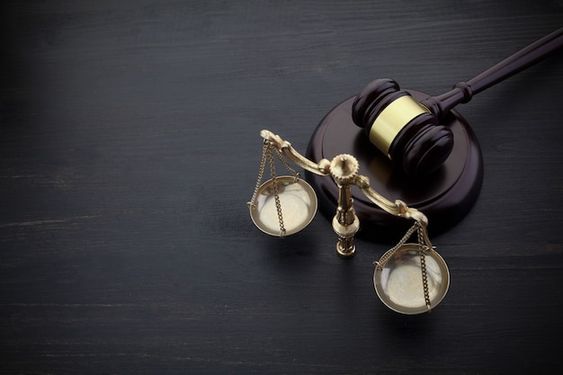
However, there are no actual indications of this being a PR stunt, and the code still stands till today.
